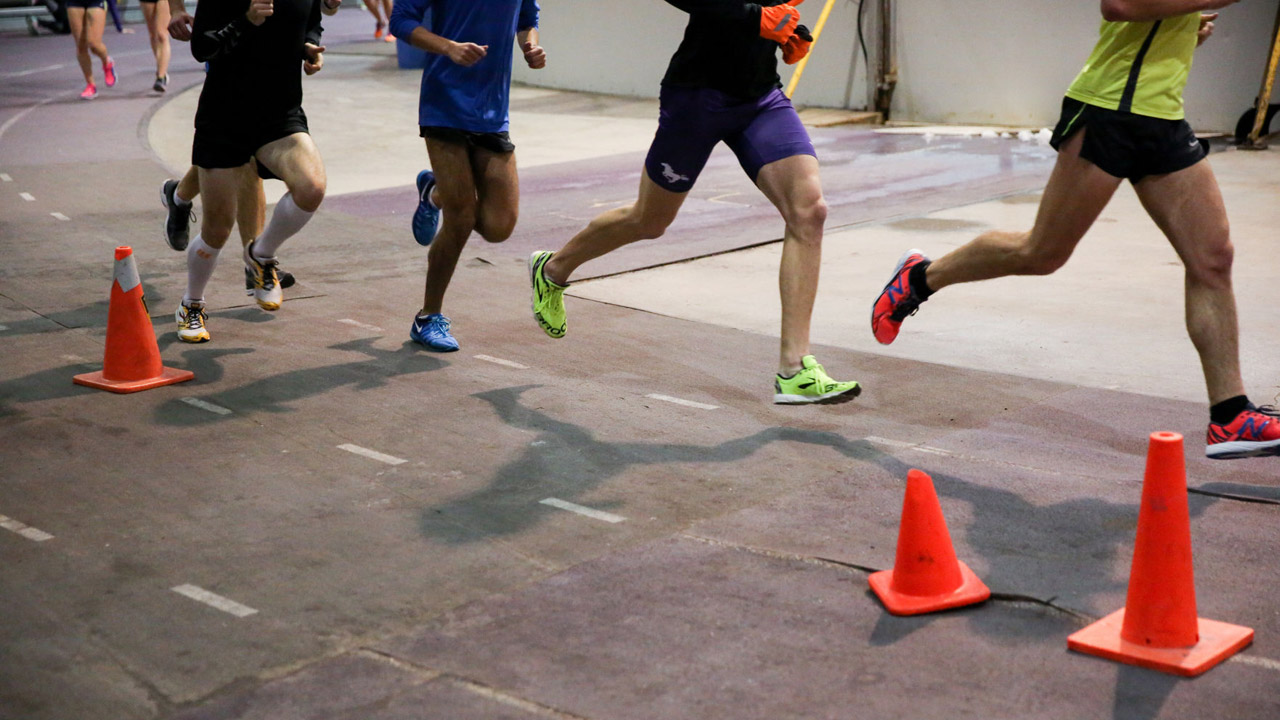Scrolling endlessly through TikTok won't make you less stressed, but exercise will
 CREDIT: KYLE PORTER (GAZETTE)
CREDIT: KYLE PORTER (GAZETTE)Feeling stressed? Look up from your phone and instantly notice the difference.
It’s no surprise that exercise is essential for good health, yet many people struggle with making it a habit.
One in four adults and 80 per cent of adolescents worldwide do not get the recommended amount of physical activity, according to the World Health Organization. Lack of exercise is one of the main causes of disease, including a number of health conditions such as heart disease, cancer and diabetes.
But lack of physical activity is not only detrimental to physical health — it also has profound effects on psychological well-being.
Frequent exercise — no matter what kind or intensity — decreases muscle tension and changes brain chemistry. This reduces anxiety levels and increases availability of neurochemicals, like serotonin and endocannabinoids, which promote positive emotions.
However, many people lead sedentary lifestyles, leaving them tired and unmotivated to engage in physical activity. The coronavirus has shifted many of our lives online and it’s predicted that screen time for leisure such as social media scrolling, watching TV and playing video games increased considerably during quarantine, not to mention online lectures and work.
But all of this screen time — for work or recreational purposes — can have extremely negative effects on our mental health and well-being.
If you want to mitigate high stress and anxiety levels, some reduced screen time and exercise might be your answer.
Consider these five tips that will have you feeling better both physically and mentally
1. Get your steps in
If you live within walking distance to a mall, coffee shop or even the grocery store, consider throwing on some headphones with an entertaining podcast and walking instead of taking transportation. Five minutes of aerobic exercise can reduce anxiety — and you won’t have to spend half your day waiting around for a bus.
2. Make YouTube your personal trainer
If you’re hesitant about leaving your house to go to a gym, YouTube has thousands of free workout videos that require little to no equipment. Grab your yoga mat, make a space in your living room and start sweating — working out with a professional trainer has never been easier! The Western Student Recreation Centre will also continue virtual programming as the gym shut for the season.
3. Take a study break
Even though you might think you’re being more productive by forcing yourself to sit at your desk all day, in reality, you actually may just be wasting valuable time looking at internet memes and scrolling through Facebook. You’re much better off going for a walk, run or bike ride between workloads to get some fresh air that will clear your head and realign your focus.
4. Find a workout buddy
Exercising with a friend that holds you accountable could motivate you to be more consistent in your workouts. Make sure that you do your best to remain socially distanced when choosing a workout buddy — a park or a trail are both great options — or pick someone in your bubble
5. Practice mindfulness
If you’re not feeling an intense workout, mindfulness exercises are another great way to relax and destress. Many studies suggest that exercises like yoga decrease the key stress hormone, cortisol, which has been associated with depression. Yoga is a great way to clear your mind, reflect and even improve your flexibility and balance, which will help you perform better in more strenuous workouts.
Even before the coronavirus hit, it was hard to stop scrolling through our feeds and stay active. But you don’t need to do anything crazy to add some activity into your day — it’s as simple as stepping outside for a walk around the block. The next time you’re feeling stressed, sad or anxious — consider giving one of these activities a try. You may just surprise yourself.
Originally published on Sept. 28, 2020.














